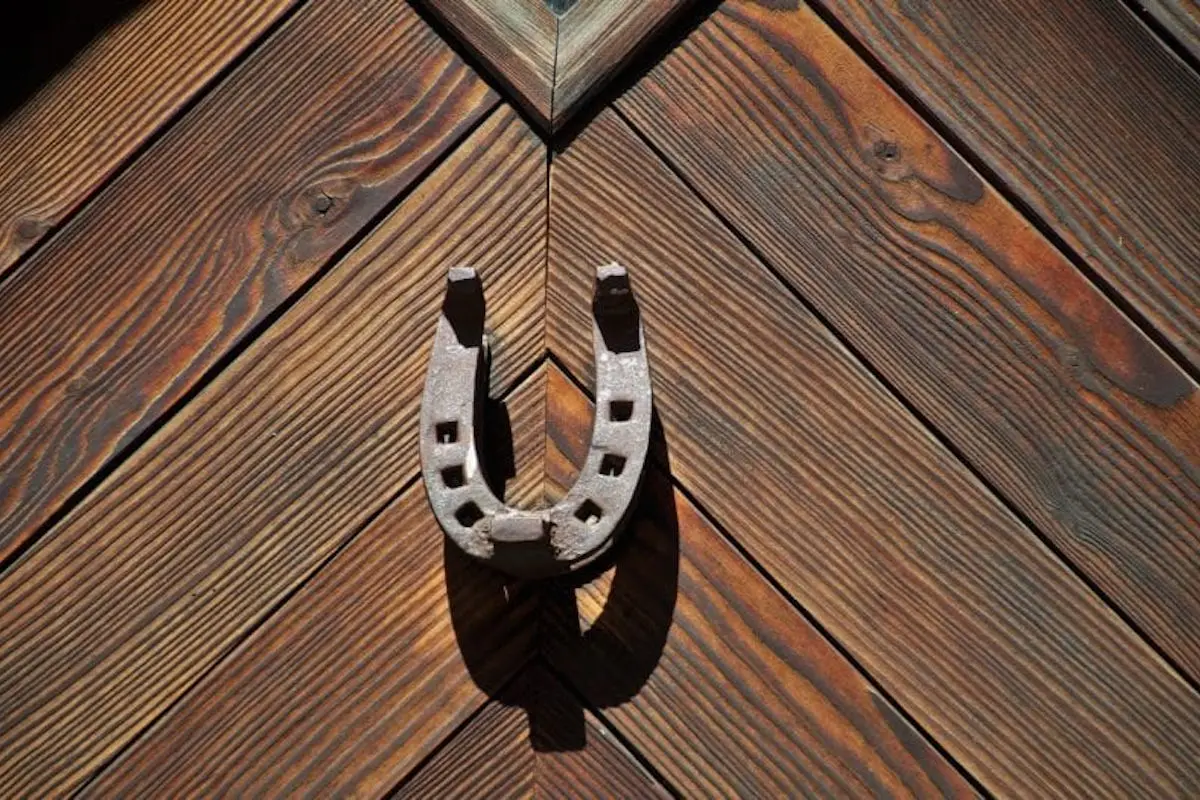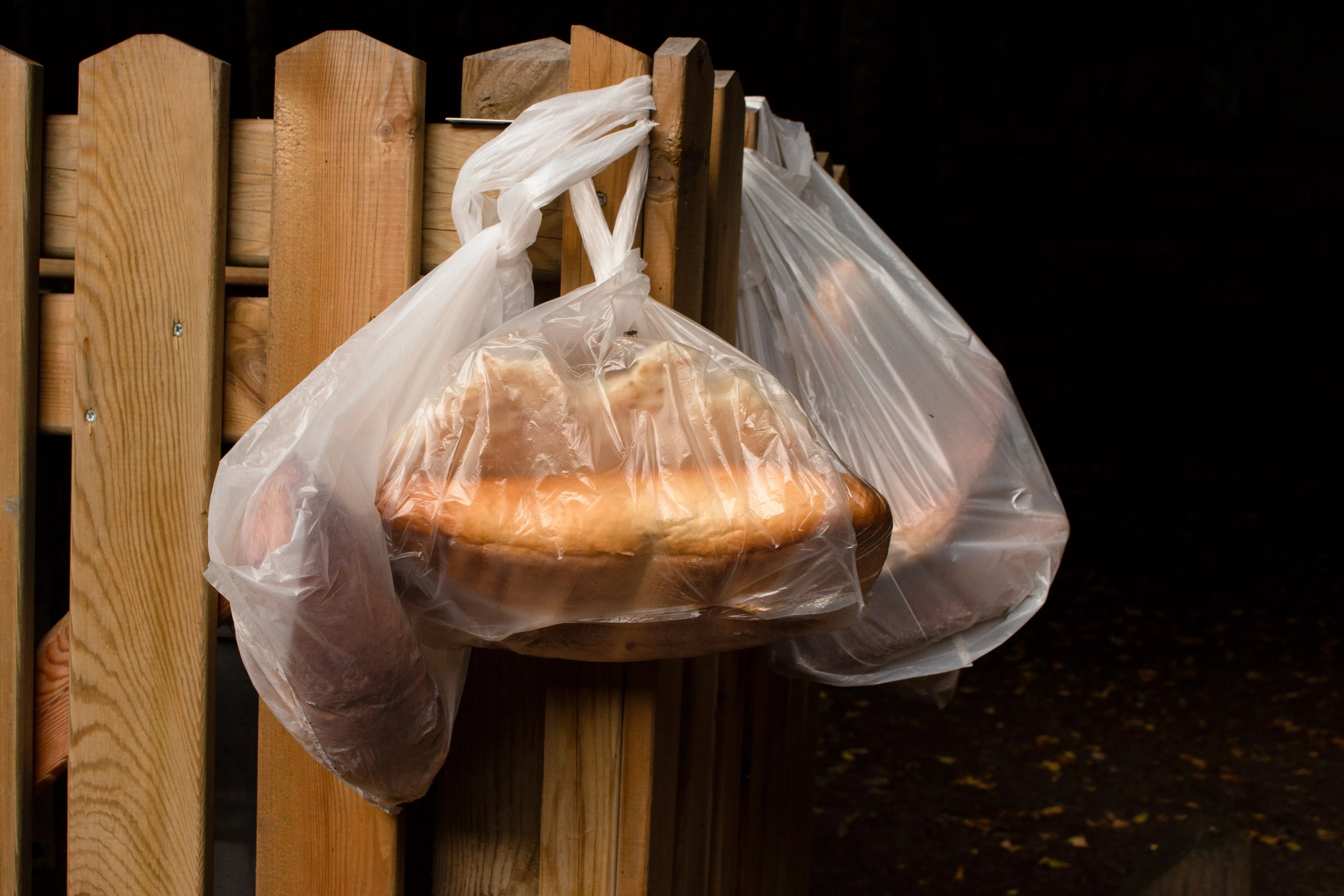A Journey into Cultural Beliefs
Embark on an intriguing exploration into the rich tapestry of superstitions that color everyday life in Turkey. Here, superstition isn’t a mere belief; it’s a living, breathing aspect of cultural heritage. Witness the meticulous dance with fate as Turks, with a practiced finesse, refrain from handling sharp objects, gracefully navigate around black cats in wide, almost choreographed arcs, and deliberately choose longer paths to sidestep potential ladder-induced misfortune.
Dive into the realm of children’s superstitions, where the unconventional belief that leaving a baby’s nails uncut wards off a future as a thief unfolds. In certain corners of Turkey, newborns are ceremoniously sprinkled with salt, a tradition deeply rooted in the conviction that this ritual safeguards them from a malevolent destiny.
The narrative takes an intriguing turn as number symbolism becomes a pivotal force in Turkish superstition. Explore the prevalence of the ‘mavi boncuk,’ a captivating blue stone adorned with an eye motif. Beyond being a mere accessory, this talisman is embraced by many Turks as a protective shield against spells and negative energies, guiding them through life’s unpredictable currents with silent wisdom.
Here are a few more intriguing aspects of Turkish superstitions:
- Evil Eye (Nazar Boncuğu): The belief in the evil eye holds a significant place in Turkish superstitions. To ward off malevolent glares that are thought to bring bad luck, Turks often use the iconic Nazar Boncuğu, a talisman featuring a vivid blue eye. This protective charm is not only found in homes but also adorns jewelry, clothing, and even vehicles.
- Wednesday Superstitions: In Turkish culture, Wednesday is considered a particularly risky day. Many believe that starting a new endeavor or traveling on a Wednesday may attract bad luck. Weddings, in particular, are traditionally avoided on this day.
- Dream Interpretation: Dreams hold a special place in Turkish superstitions, and their interpretation can influence decisions and actions. Dream dictionaries are consulted to decode the hidden messages within dreams, offering insights into potential future events or warnings.
- Sweeping after Sunset: There’s a widespread belief that sweeping the house after sunset brings bad luck. It is thought to sweep away good fortune and prosperity. As a result, cleaning rituals are often conducted during daylight hours.
- Whistling at Night: Whistling after dark is considered a practice that may attract jinn (supernatural beings in Islamic mythology) or evil spirits. Many people avoid whistling at night to prevent inviting negativity into their lives.
- Shoe Placement: Placing shoes upside down is seen as inviting bad luck. This superstition is rooted in the belief that it disrupts the flow of positive energy and can lead to financial or personal setbacks.
- Horseshoes: Similar to Western superstitions, horseshoes are considered symbols of good luck in Turkish culture. Many hang horseshoes in their homes or businesses to attract prosperity and ward off negative energies.
- Bird Droppings: While universally considered unpleasant, in Turkish superstitions, bird droppings are seen as a sign of good luck. It is believed that being unexpectedly “blessed” by a bird brings fortune and positive outcomes.
In Turkey, superstition isn’t just a set of beliefs; it’s a dynamic force that shapes daily choices, fostering a cultural landscape where caution, symbolism, and a profound respect for fate converge.



